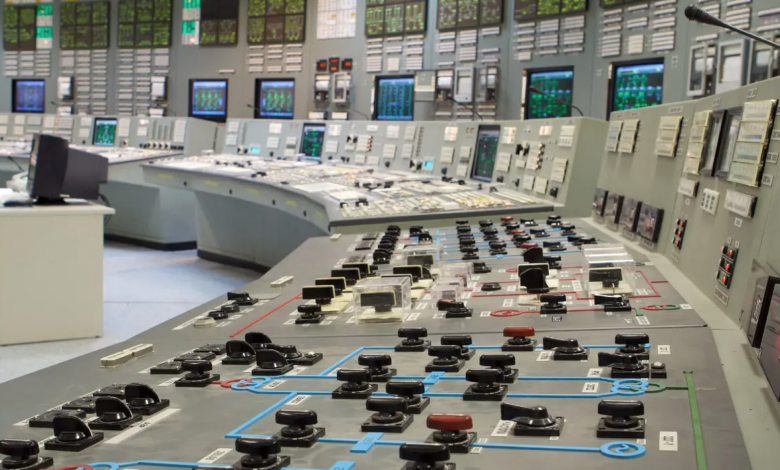Japan wants to lift the expiration date for nuclear power plants
To date, the Japanese country has 33 nuclear reactors
(sustainabilityenvironment.com) – No limit to the service life for nuclear power plants. It is the proposal of the Japanese Ministry of Economy to increase energy security and reduce greenhouse gas emissions. This measure, if approved, will complete Japan’s return to business as usual in the field of atomic energy after the Fukushima disaster.
It was in 2011 that the government decided to introduce an age limit for nuclear power plants, setting it at 40 years with the possibility of an extension of another 20. Before Fukushima, there was no limit, as in most countries in the world. The proposal of the ministry under discussion today puts a single stake: the plant must continue to be considered safe by the Authority for the Regulation of Nuclear.
Read also Supreme Court acquits Japanese state for Fukushima disaster
The measure is part of the plan of Prime Minister Fumio Kishida (and his predecessor Yoshihide Suga) to return to focusing heavily on nuclear energy leaving behind the accident at the Fukushima plant. The new Japanese energy plan plans to bring the contribution of the atom in the electric mix to 20-22% by 2030. To achieve this goal, the last governments turned back many of the plants that shut down in 2011 as a precaution and started to ensure the extension of operation to older ones.
This summer, at the height of the energy crisis and while the country was struggling with very intense heat waves that made us fear new, extended blackouts after those that had occurred the winter before, Tokyo had decided to restart 4 power plants before the cold season.
To date, there are 54 nuclear reactors in Japan, 33 of which will survive the decommissioning plan. Of these, 4 have passed the threshold of 40 years and have already received the ok to continue operations. With the current laws, another 13 reactors should stop operating in the late 1940s and 15th in the late 1950s.






